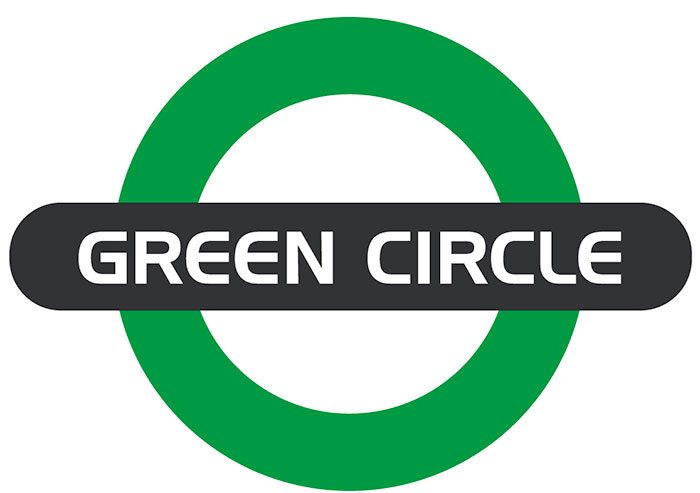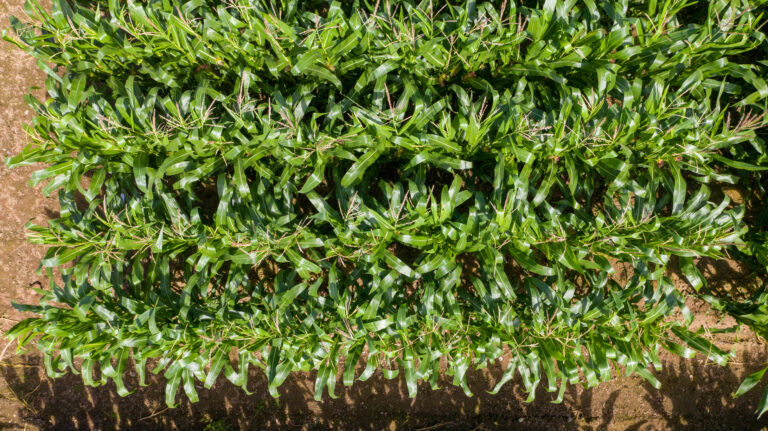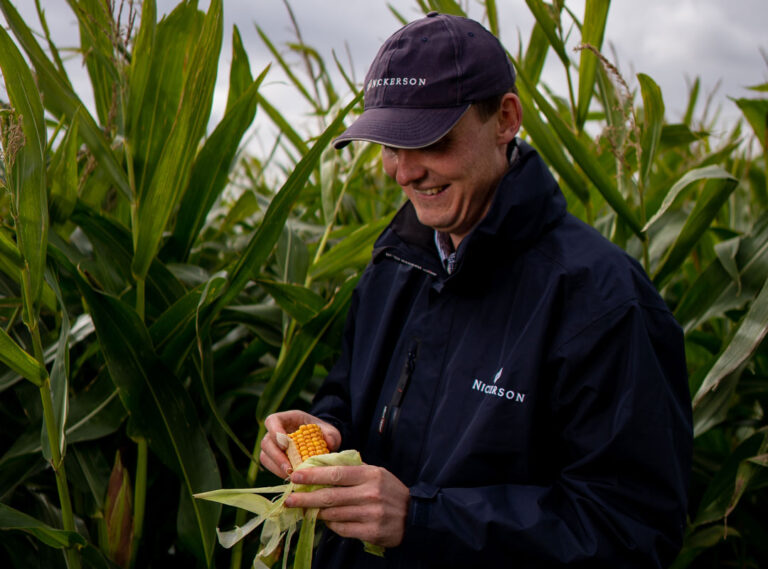
Trials are underway in Cornwall and have previously been run to show the effects of strip till drilling compared to conventional ploughing cultivation and its positive effects.
The main benefits of no-till being; a reduction of costs in time and diesel, to help improve soil health and organic matter and to reduce chances of capping and soil erosion. Although no significant yield differences have been found, are there any other differences that need to be considered when trying an alternative cultivation techniques?
Picking a maize variety with a maturity FAO that fits within your rotation and planned harvest date is an important decision, especially with the prolonged bouts of weather extremes we are currently experiencing, but does altering your drilling method have any bearing on this? Some farm-based in the Southwest have shown an increase in maturity length by a couple of weeks from the same variety grown in the same field. As maize is a lazy rooting crop, it is thought that the extra time is needed for the roots to set in a less worked seed bed. This can have a major potential knock-on effect for the rotation or the ability to get the crop harvested at an appropriate weather window in line with the crop maturity.
Switching to an earlier maize variety when looking at reducing cultivation could be key for still achieving that earlier harvest for your maize. Growing earlier varieties such as Prospect, Trooper and Duke with high vigour scores fit this scenario well!










